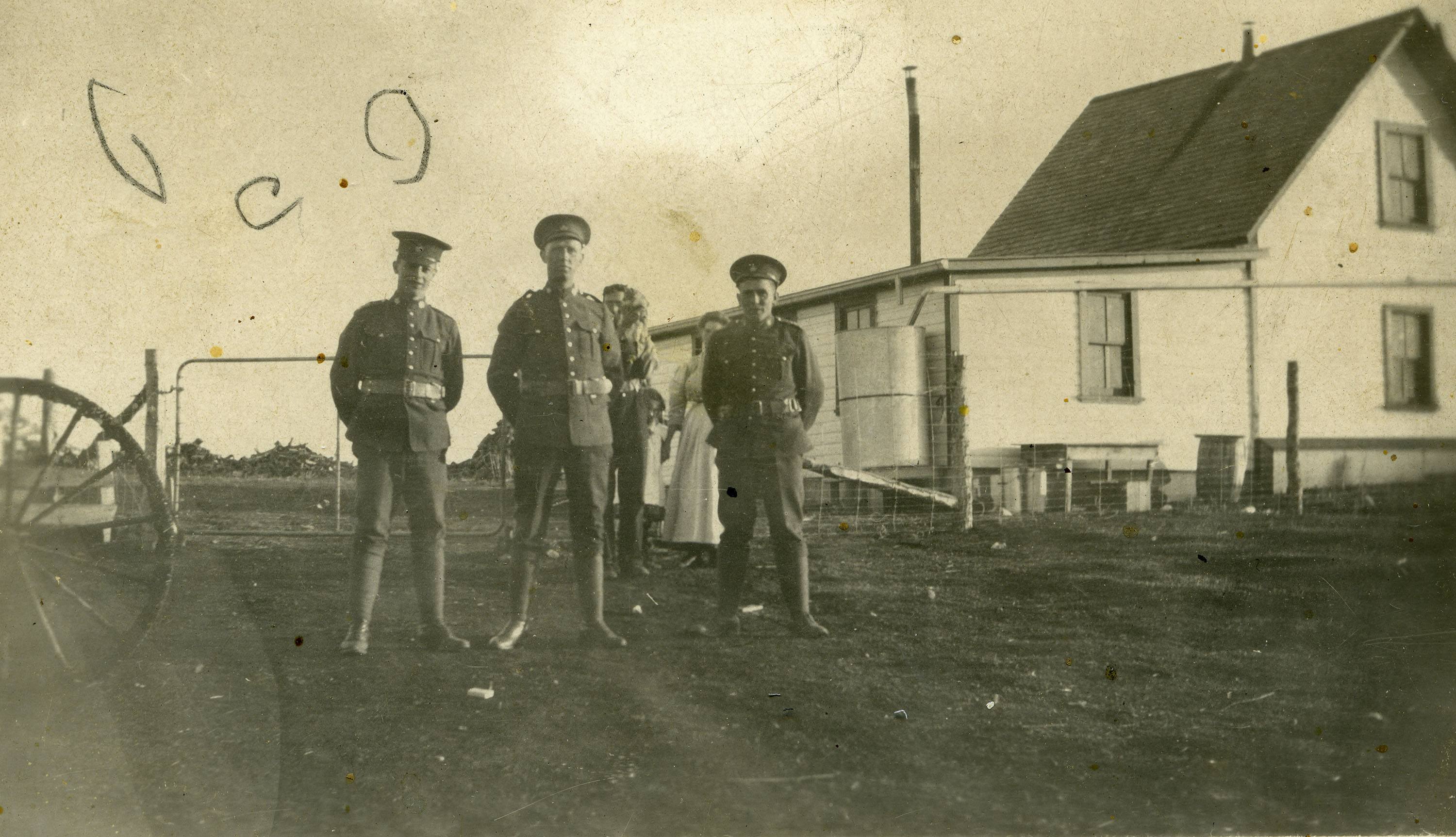On Sunday, April 9th, Canada will be marking the centennial of one of the most important events in our country’s history. That event was the Battle of Vimy Ridge, which commenced on April 9th, 1917, in the middle of the brutal and bloody First World War.
Vimy Ridge was one of the most strategic and seemingly impregnable points along the Western Front. Hundreds of thousands of French and British lives were lost trying to recapture the Ridge after the Germans took it over and fortified it early in the War.
During the spring offensives of 1917, the Canadians, fighting for the first time as a single corps with all four divisions, were given the job to try once again to take the Ridge.
To the astonishment of many, the Canadians succeeded where some many others had failed.
It was a victory that was entirely Canadian.
Men from every part of the country were involved. In the opinion of many historians, the nation of Canada was born at Vimy.
While Vimy was a glorious achievement, it also came with an incredible cost. There were 10,600 casualties in the battle, including 3,600 deaths.
Locally, 12 young men from Red Deer and area lost their lives in the successful first day assault on the Ridge. Sixteen more were killed during the rest of the battle.
Hill End, a rural district southeast of Red Deer, was particularly hard hit.
Some young men from the area had rushed at the start of the War to enlist with the First Contingent. Many more enlisted in the fall of 1915 and early 1916, principally with the local 89 Battalion.
Three close friends from Hill End, who joined the 89 Battalion together in early December 1915, were Sidney Songhurst, Walter Gowans and Joseph Snider.
Songhurst was born in Hill End, the son of Edwin and Sarah Songhurst.
His parents were homesteaders, who also ran the local store and post office. His older brother Francis (Frank) had already enlisted in the spring of 1915. Except for various short trips to Red Deer, Innisfail and Penhold, Sydney had never been off the farm before he decided to enlist and go overseas for the War.
Snider was one of four sons and four daughters born to Edwin and Minnie Snider.
The whole Snider family were close friends of the Songhursts. In fact, before the War was over, Edwin Snider bought the Hill End store and post office from Edwin Songhurst.
Gowans was a relatively recent arrival in Hill End and somewhat older than Joe and Sydney.
His grandfather was Sir James Gowans, an architect and contractor who had been knighted by Queen Victoria for his construction of tramways and other public works projects in Glasgow.
His father had also worked in the construction business, before deciding to move with his family to British Columbia. The family then relocated to Hill End in Alberta, based on the glowing accounts of the district given to them by Leonard Hornett.
Although the three friends enlisted together in B Company of the 89 Battalion, once overseas, they were transferred as reinforcements into other units – Joseph into the 10th Battalion, Walter into the 27th and Sydney into the 102nd. However, they still went into battle together at Vimy Ridge on the morning of April 9th.
Sydney was killed instantly when he was hit by a shell during the assault. Walter was killed when he stopped to help a friend who was wounded. Sid Healy wrote home that Walter’s last words were, “Write the folks that I’ve done my bit for King, Country and Comrades.”
Tragically, many more young men from Hill End and area were killed in the War.
On Sunday, June 10th, 1917, a special memorial service was held at the Hill End schoolhouse for Walter Gowans, Sydney Songhurst and Joseph Snider, as well as eight others who had lost their lives in the War – Frank Baker, Lawford Ellis, George Hill, Alfred Hornett, George Hornett, Lorne Pelkey, Alex Gulliver and Miller Sim.
Although the War was far from over, almost an entire generation of young men from one area had lost their lives.



